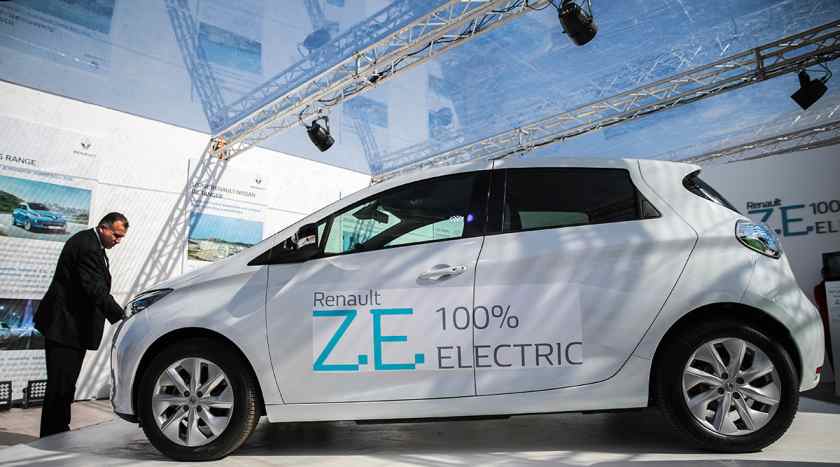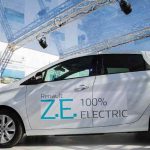Germany poised to surpass China as the world’s leader in electric vehicle production

In 2018, China produced over 2.2 million electric vehicles (EVs). China is also projected to produce around 6.8 million battery electric vehicles (BEV) and plug-in hybrid electric vehicles (PHEV) in 2021, more than any other nation worldwide.
Europe is becoming a hotspot for electric mobility: sales of battery-electric cars and plug-in hybrids rose by 44% in 2019 to over 600,000 vehicles compared to the previous year. In China, e-car sales increased by only 3% to 1.2 million. In the United States, the market shrank by 12% compared to the previous year to a good 300,000 electric cars. With over 110,000 electric cars sold in 2019, Germany is the third largest market worldwide and absolutely the largest in Europe. After China with almost 170 available e-car models, Germany already follows with over 80 models.
But that’s about to change, according to a new study by McKinsey & Company, a global management consulting firm. In its 2020 “Electric Vehicle Index,” McKinsey sees a shake-up coming in the electric vehicle sector. McKinsey predicts that Germany will overtake China in making electric vehicles.
“The market share of German carmakers in electric production worldwide will rise from 18% last year to 29% in 2024,” the report says. “With over 1.7 million EVs produced, Germany could become the world market leader – slightly ahead of China – as early as 2021.”
McKinsey’s study does not include potential production from the Gigafactory US electric car manufacturer Tesla is planning to open near Berlin, nor does it factor in potential effects of the Corona virus on the market.
The positive forecast comes after a quantum leap in new EV and hybrid vehicle registrations in Germany in 2019 and amidst a reorientation toward electric vehicles by Volkswagen, BMW, Daimler and other German carmakers. The German government offers subsidies of up to 6000 euros for the purchase of EVs and hybrids and has committed to dramatically expanding the country’s charging infrastructure.
“McKinsey’s prognosis shows that contrary to what some critics say, the German automotive industry has by no means missed the boat when it comes to electric vehicles,” says Stefan Di Bitonto, automotive expert at Germany Trade & Invest (GTAI). “On the contrary, German carmakers indeed seem poised to overtake their Chinese competitors in terms of overall volume of EV production in the near future.”

